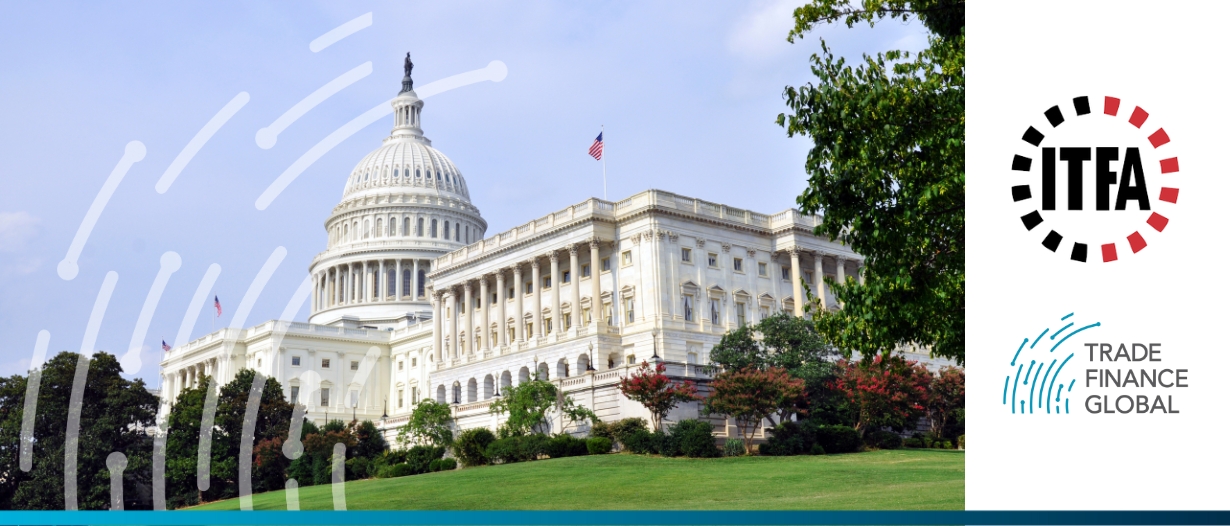Estimated reading time: 2 minutes
.
The International Trade and Forfaiting Association (ITFA) has launched an initiative to tackle the persistent trade finance gap that has long hindered small and medium-sized enterprises (SMEs) in developing economies.
At the inaugural Trade Finance Conference of Parties (TF COP) in Washington, DC, ITFA unveiled the Washington Declaration, a proposal calling on the United Nations (UN) to recognise the trade finance gap as a critical barrier to sustainable development.
The Asian Development Bank (ADB) estimates the global trade finance shortfall at $2.5 trillion – a chasm that effectively excludes millions of small businesses from international trade networks.
Sean Edwards, ITFA’s Chair, framed the issue beyond mere financial mechanics. “It’s about supply chain resilience, optimising resources, and creating social value, especially in less developed markets,” he explained.
The declaration sets an ambitious target: halving the global trade finance gap by 2030 and eliminating it completely by 2040. Collaboration between public and private sector stakeholders is essential to this end.
Nathalie Louat from the International Finance Corporation highlighted that “nearly half of trade finance requests from SMEs are rejected.”
“Trade finance can have a more profound impact on small businesses compared to traditional financing, yet the system continues to fail those who need support most,” she said.
The summit brought together over 80 participants from across the trade finance ecosystem, including development finance institutions, commercial banks, insurers, and technology firms. A key innovative proposal is the potential creation of trade finance gap bonds, similar to existing green and social bond frameworks.
The Washington Declaration explicitly links the trade finance gap to the UN Sustainable Development Goals, arguing that addressing this shortfall could significantly accelerate progress on poverty reduction, employment, and economic growth.





























